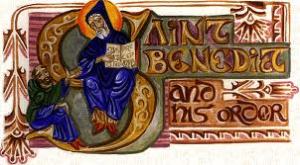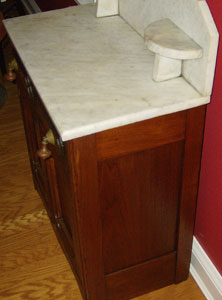In looking through my used books, I’ve begun reading the handwriting scribbled in the margins, wondering what the words reveal about the person who wrote them. Sometimes the handwriting is mine, but sometimes it belongs to a book’s previous owner.
I’ve also started pulling books from shelves to see which pages are bookmarked, curious to see where the pages land in my life now. These bookmarks are everywhere — old tickets stubs, torn pieces of Kleenex, scraps of paper used for grocery lists.
We attach meaning to isolated passages in books, bookmarked pages, fractured pieces of handwriting written along the edges, as if a human hand had appeared to reveal meaning in our lives we wouldn’t see otherwise.
Maybe in looking at the person I was then and comparing her to the person I am now, I will see that my life, weighed in the balance between those two worlds, is found wanting.
Or perhaps I will find a girl more accepting of my life than I am. If I am standing in the wings of what I once wanted to be, perhaps she is the only person who can accept me and help me find reasons for what I have become.
 Below is a copy of Merwin’s poem The Finding of Reasons. Words in blue are those written beside the text:
Below is a copy of Merwin’s poem The Finding of Reasons. Words in blue are those written beside the text:
The Finding of Reasons
Every memory is abandoned
As waves their shapes
the houses stand in tears as the sun rises
Memory is how we retain
continuity — this is now gone
Even Pain
That is a god to the senses
Can be forgotten
Until he returns in the flashing garments
And the senses themselves
Are to be taken away like clothing
After a sickness
Man is losing
touch w/ our
senses & memory,
yet does not blame
man — seems to be
part of larger process
which surrounds man
Proud of their secrets as the dead
Our uses forsake us
That have been betrayed
They follow tracks that lead before and after
And over water
The prints cross us
When they have gone we find reasons
M. attacks
idea that:
“man has
use on
this planet
+ in the end
this will
pull us
through”
As though to relinquish a journey
Were to arrive
As though we had not been made
Of distances that would not again be ours
As though our feet would come to us once more
Of themselves freely
To us
Their forgotten masters
To listen to the announcements you would think
The triumph
Were ours
kind of science fiction notion
of what is happening in the world
mixture of
blame &
prophecy
As the string of the great kite Sapiens
Cuts our palms
Along predestined places
Leaving us
Leaving
While we find reasons
control of the kite that is important
inevitability takes away our blame
this longer process,
this life form, — speaks
thru man for a moment,
& then moves on. Man is
only part of great process. Our
evolutionary growth that we hold onto may
now be at the end.
All a necessary cycle that will continue
w/o us. Man misguidely trying to
find reasons for what is going on, but it will not
help. Evolution is a gift, can be revoked — doesn’t
believe in our “destiny” — only in destiny of larger process.
Force now may be speaking thru mankind, but may
soon be speaking thru something else.
Planetary elegy
M. not trying to put blame on everyone anyone
Man makes up his own reasons for his existence.











You must be logged in to post a comment.